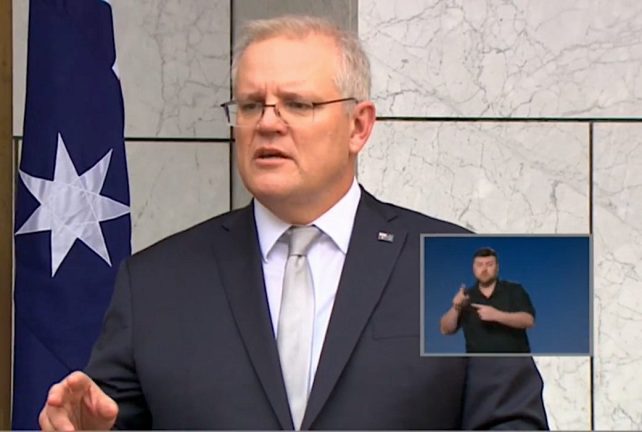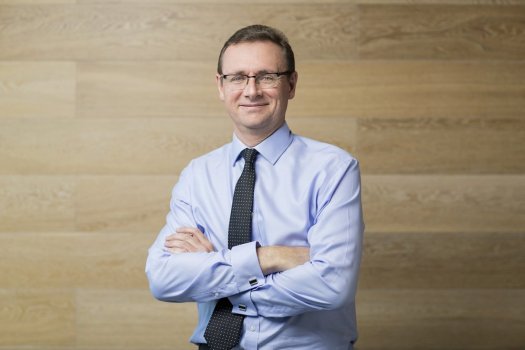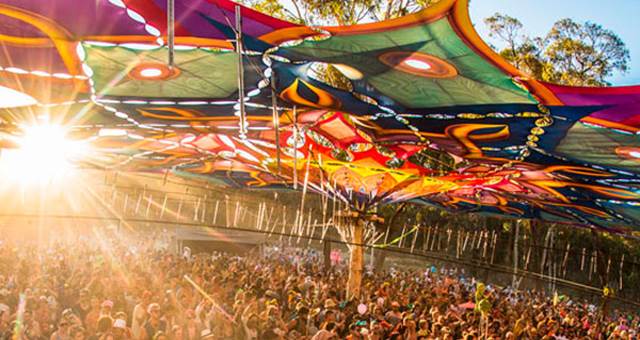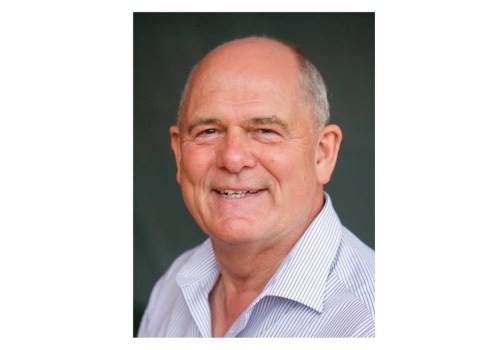
Australians may be allowed to travel between most states and territories by Christmas, as a new reopening plan is set to be developed following a National Cabinet meeting last week.
Prime Minister Scott Morrison said the National Cabinet agreed on a number of issues, most importantly the need to “work together cooperatively for the benefit of all Australians”.
It was agreed that National Cabinet will no longer operate on complete, 100 per cent consensus, after it failed to reach a combined agreement on the country’s reopening plan.
During the meeting, the Commonwealth, New South Wales, Victoria, Queensland, South Australia, Tasmania, the Northern Territory and the Australian Capital Territory agreed to develop a new plan for Australia to reopen interstate borders by Christmas.
Western Australia did not commit to the reopening plan and timetable, but Morrison said the state will continue to participate in discussions on its development.
“Seven out of eight states and territories want us to get back to that position in December of this year and I thank them for that commitment,” said the Prime Minister.
Redefining ‘hotspots’
Building on the three-step plan released in May, the new plan will redefine what constitutes a COVID-19 hotspot.
“The idea of ultimately moving beyond a situation where you have hard borders, but you move to a situation where you can have a workable hotspot concept, then that is something we are going to give it our best possible go to define and to make work,” said Morrison.
Acting chief medical officer Professor Paul Kelly has established the Commonwealth “trigger” for a COVID-19 hotspot in a metropolitan area as a rolling three-day average of 10 locally acquired cases per day and a rolling three-day average of three locally acquired cases per day for rural or regional areas.
“States, of course, will reserve ultimately the decisions they take, but all of those who have committed to this path have agreed that we should work hard to get that in its best possible form,” said Morrison.
The Commonwealth hotspots definition will also be used as a starting point for any future travel arrangements encompassing New Zealand.
Not reopening borders ‘comes at a cost’
Following Western Australia’s decision not to commit to the new reopening plan, Premier Mark McGowan told the ABC he will not agree to a hotspot model that replaces the state’s “successful border controls”.
“If we [reopened] too soon it could be deadly, and there would be economic devastation. That would result in the re-introduction of restrictions,” said McGowan.
In response, the Australian Hotels Association (AHA) WA said while it understands the need to prioritise health considerations, keeping the state’s border closed “comes at a cost” for the tourism and events industries.
“If a vaccine for COVID-19 is still a long way off, there will be even more long term negative implications,” said AHA (WA) CEO Bradley Woods.
“We must also plan to protect Western Australia from losing not just tourism but also conferences and the convention industry.
“As other states open borders and people are free to travel, they will be sure to steal business away from WA.”
Woods said the AHA will continue working closely with the WA Government to establish a roadmap to the opening of the border.
More reading
Outdoor meetings and workforce bubbles: Victoria’s reopening plan revealed
BEA research shows promising outlook for domestic business events
Reopening state borders the ‘single most critical’ step to business events recovery



